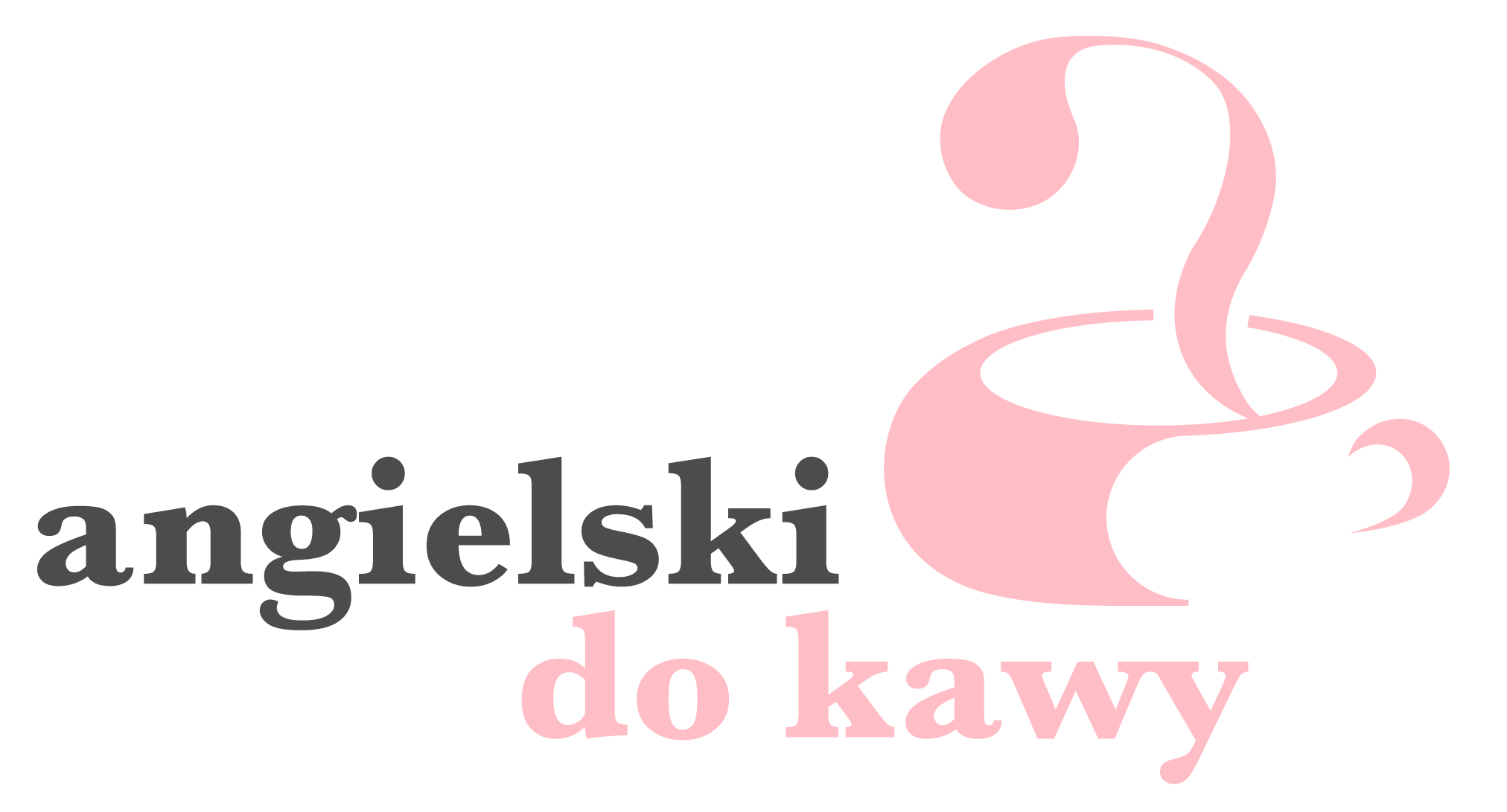Transcript of my podcast episode (21)
This is 21st episode of my ENGSPRESSO series. It’s hard to believe that I’ve already recorded so many of these episodes! And to me it means that time does fly because it feels as if I’ve only just started this podcast series. At the beginning of the year, I was really excited about it, but I honestly didn’t know that ENGSPRESSO episodes would gain so many fans. I’m still amazed. So if you’re listening to me now, you’re the living proof of this podcast’s success!
Have you checked out my new audio course yet? If so, I’m waiting for your message because I’m curious what you think about it. And if you haven’t done it yet, FYI (for your information), I’m talking about the course “KURS DO KAWY dla zabieganych B1-B2: powtarzaj za mną” which will improve your listening and speaking skills. If you think the course may be just what you need, find out more by visiting my website angielskidokawy.pl.
So are you feeling Christmas vibes yet? I guess that many of you are because it’s been freezing lately, we’ve also had some snow, and by now, you definitely must have seen all those supermarket shelves full of Christmas sweets and decorations. Frankly speaking, I already saw them around September if I’m not mistaken. Every time it happens, I find it rather ridiculous but well… It goes without saying that this is all part of marketing, isn’t it?
Anyway, now it’s high time I taught you another two expressions that you can use on a daily basis.
The first one is TO BREAK EVEN. This idiomatic expression is a bit more advanced than others but why not learn it? It means to have no profit or loss at the end of a business activity, or to earn enough money to pay for expenses, without any profit.
For instance: If you want to break even, you will have to get at least a hundred customers. Now, repeat after me.
The translation is: Jeśli chcesz wyjść na zero, będziesz musiał zdobyć przynajmniej stu klientów.
Another example: After selling a thousand t-shirts, we finally broke even.
Po tym, jak sprzedaliśmy tysiąc koszulek, w końcu wyszliśmy na zero.
The second expression is TO PAY ATTENTION TO SB/STH. When you pay attention to somebody or something, you watch, listen to, or think about something or someone carefully or with interest.
For instance: Was he paying attention to that lesson at all?
Czy on w ogóle uważał na tamtej lekcji?
Another example: If she hadn’t spoken so loudly, nobody would have paid attention to her.
Gdyby (wtedy) nie mówiła tak głośno, nikt nie zwróciłby na nią (wtedy) uwagi / nikt by jej (wtedy) nie słuchał.
And now it’s time for your ENGSPRESSO to go!
Our context for the phrases is:
We’d better start paying attention to our customers’ needs if we want to at least break even.
Lepiej, żebyśmy zaczęli uważać na potrzeby naszych klientów, jeśli chcemy przynajmniej wyjść na zero.
Good job! This time our example sentences are a bit more business-related than usual, but who doesn’t need Business English nowadays, right? It will always come in handy to you! And talking about business, you may also want to check out my e-book and course online called “Phrasal Verbs Business”. It contains 50 most important phrasal verbs used at work, so it’s not too overwhelming. And of course, all these phrasal verbs come with ready-to-use sentences, which makes it all very practical and will boost your Business English skills right away!
To find out more visit my website angielskidokawy.pl. And as usual, the transcript of today’s episode is also waiting for you right there.
Thank you for tuning in and talk to you next time!




